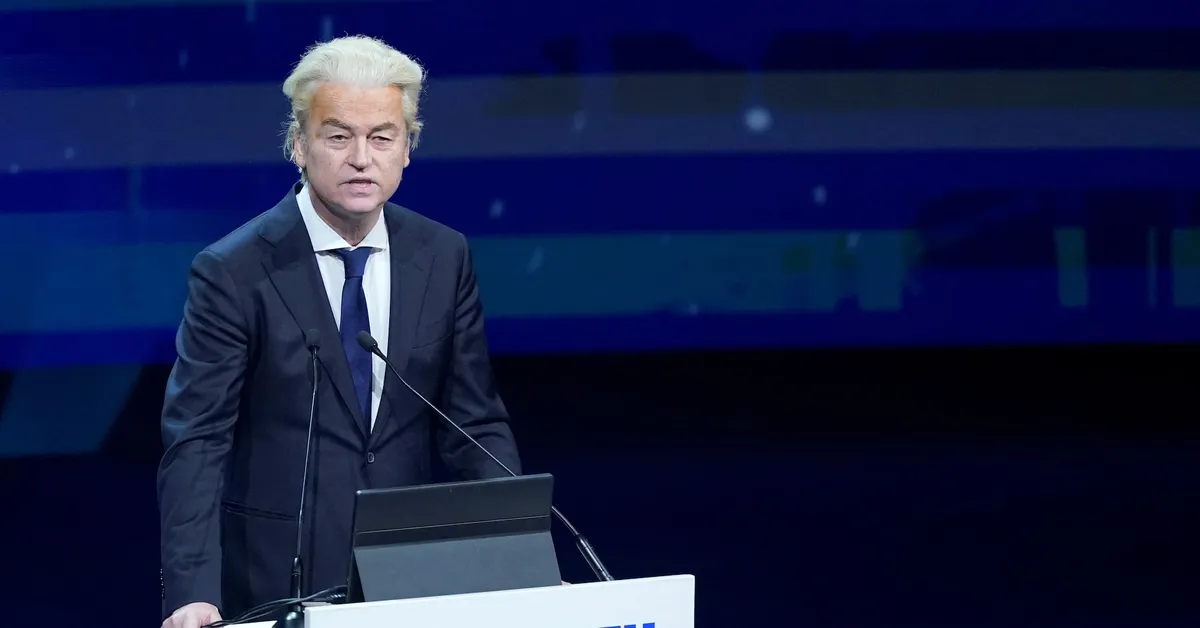
On June 3, 2023, in a significant political shift, Geert Wilders, the leader of the far-right PVV party, announced that his party would be leaving the governing coalition in the Netherlands. This unexpected decision is set to topple the current right-wing government, raising the likelihood of new elections in the near future. Wilders expressed his frustration, stating that his coalition partners were unwilling to support his proposals aimed at halting asylum migration, a key issue for his party.
Wilders took to social media platform X to declare, “No signature under our asylum plans. The PVV leaves the coalition.” His announcement marks the end of an already tenuous coalition that has struggled to find common ground since its formation in July 2022. The collapse of this coalition is poised to create further political instability in the Netherlands, which is the fifth-largest economy in the Eurozone.
The exit of the PVV from the coalition is likely to delay critical decisions, including a potentially historic increase in defense spending necessary to meet NATO targets. As the country prepares to host NATO leaders for a summit later this month in The Hague, the departure of the PVV leaves the Netherlands with only a caretaker government, complicating the nation’s political landscape.
Despite winning the most recent election in the Netherlands, recent polls indicate that Wilders has experienced a decline in public support since joining the government. Current surveys show that his party now stands at approximately the same level as the Labour/Green coalition, which is currently the second-largest party in parliament. This shift in public opinion reflects the complexities and challenges faced by Wilders as he navigates the turbulent waters of Dutch politics.
As the situation unfolds, the potential for new elections looms large, leaving many questions about the future direction of the Dutch government and its policies on key issues such as asylum migration and national defense. Political analysts are closely monitoring the developments as they could significantly reshape the landscape of Dutch politics in the coming months.
Reporting by Bart Meijer, with editing by Peter Graff and Bernadette Baum.